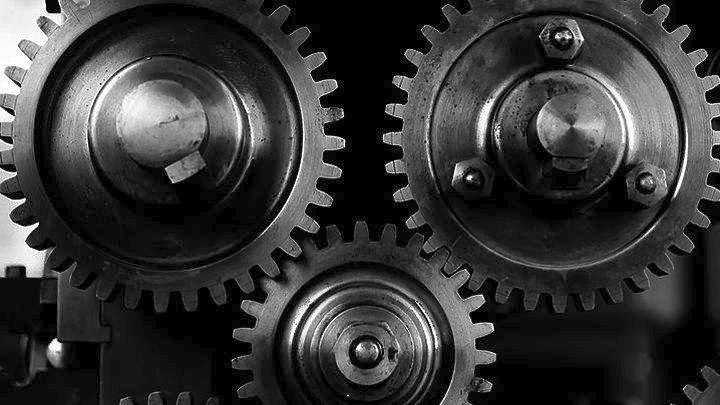Greek manufacturing industry focuses on exports for growth

Greece's manufacturers reduced their presence in the domestic market in efforts to boost export activity, turning to foreign markets to sell their products at better prices and on better payment terms, according to a survey released on Friday by the Athens Chamber of Commerce and Industry (ACCI) and the Panhellenic Exporters' Association.
The survey noted that while imports accounted for 70 pct or less of domestic consumption in 2008, their share gradually grew to 74 pct in 2013, meaning that domestic products were replaced by cheaper imported goods. Trade terms improved in the 2009-2015 period by 28.2 pct, which means that export companies sold their products for 28.2 pct higher prices in foreign markets compared with domestic prices (largely referring to the food/beverage sector).
Meanwhile, the food/beverage sector, despite offering the highest added value to the Greek economy, with the highest number of enterprises and the largest workforce, pays its workers less than the average for the manufacturing sector as a whole. The food/beverage sector has 759 companies with a workforce of 59,219, or 35.2 pct of all employment in manufacturing. The average annual wage in this sector is just 19,209 euros, compared to an average annual wage of 21,470 euros in the manufacturing sector as a whole.
The oil/coal sector has the highest gross production value at 17.1 billion euros in 2013, or 40.4 pct of total gross production value in manufacturing, followed by food/beverage (9.6 billion euros or 22.6 pct), base metals (3.3 billion euros or 7.9 pct), chemicals/pharmaceuticals (3 billion euros or 7.1 pct), metal products (1.5 billion euros or 3.6 pct), rubber products (1.3 billion euros or 3.1 pct) and non-metal minerals (1.25 billion euros or 3.0 pct).
The food/beverage sector's contribution to Greek GDP was 3.5 billion euros in 2013, representing 36.1 pct of the manufacturing setor?s contribution, or 1.9 pct of Greek GDP. It was followed by chemicals/pharmaceuticals (756 million euros or 7.8 pct), metal products (558 million euros or 5.8 pct), base metals (546 million euros or 5.6 pct), non-metal minerals (516 million euros or 5.3 pct) and rubber products (473 million euros or 4.9 pct).
Despite the fact that investments in the manufacturing sector fell steadily after 2008, several sectors resisted and continued investing to boost their extroversion. Food/beverage invested 381 million euros in 2013, followed by chemicals/pharmaceuticals (209 million euros), oil/coal (124 million euros), base metals (114 million euros), metal products (101 million euros), non-metal minerals (71 million euros) and rubber products (52 million euros).
Exports by the oil/coal sector totalled 7.0 billion euros in 2016, followed by food/beverage (5.1 billion euros, or 29.1 pct of total manufacturing exports excluding oil products), chemicals/pharmaceuticals (2.4 billion euros), base metals (1.9 billion euros), computers/electronics/optical (1.1 billion euros).
Based on a combination of all basic figures determining the dynamism and outlook of industrial sectors, the sectors with the biggest growth prospects are: oil/coal, food/beverage, base metals, chemicals/pharmaceuticals, rubber products, metal products, non-metal minerals, electrical equipment, tobacco products, printing and publications.
Απαγορεύεται η αναπαραγωγή από επισκέπτες της ιστοσελίδας.


